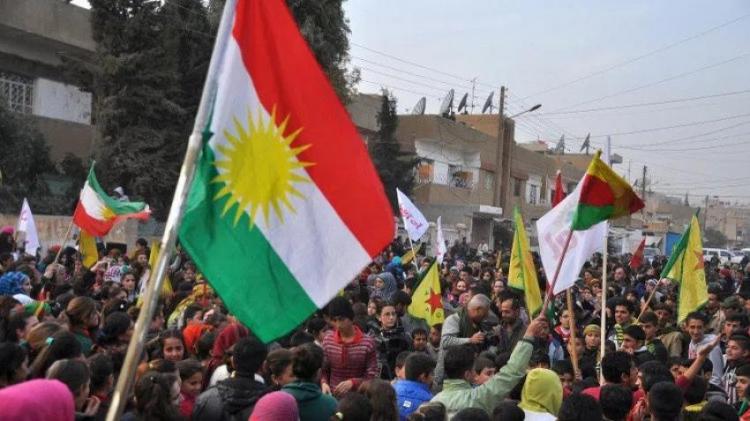Qamishli – New development with SDF efforts to build confidence between the Autonomous Administration and ENKS
Qamishli – North-Press Agency
Abdulhalim Suleiman
As part of its initiative to boost confidence between the Kurdish National Council in Syria (known as ENKS, a coalition of Syrian Kurdish political parties allied with the opposition Syrian National Coalition) and the Autonomous Administration in North and East Syria, the efforts of the Syrian Democratic Forces (SDF) led to the release of a house belonging to the daughter of Fouad Aliko, a leader in the Yekiti Kurdistan Party (a member of the ENKS coalition), two years after its confiscation.
Yekiti Kurdistan Party secretary Suleiman Osso told North-Press that an unnamed SDF commander handed him the key to the house of Khunav Fouad Aliko on Wednesday.
He added that the office of their party in Qamishli city is still seized, but he expressed his optimism about the possibility of the release of their office as well, according to the promises they received from the SDF.
Osso expressed his hope that relations between ENKS and the Autonomous Administration will improve in the coming period.
A month ago, the Autonomous Administration handed over the office of the Yekiti Kurdistan Party in Qamishli to former party leader Abdulsamad Khalaf Berro, who held an organizational conference with other leaders after organizational and political differences with the party, which is now led by Osso.
The step to release Fouad Aliko’s daughter’s house comes within the framework of confidence-building measures between the Autonomous Administration and ENKS, on the initiative of the SDF Commander-in-Chief, which he launched last October in order to unify Kurds in Syria.
In June 2018, the Autonomous Administration approved the seizure of many properties, including houses belonging to leaders of the Yekiti Kurdistan Party, within the framework of the 2015 Law for the Administration and Protection of Migrants' Property.
At the time, ENKS criticized the Autonomous Administration’s decision to seize the houses of Yekiti leaders, coming in the framework of what it described as a policy of “suppressing the opponents.”

